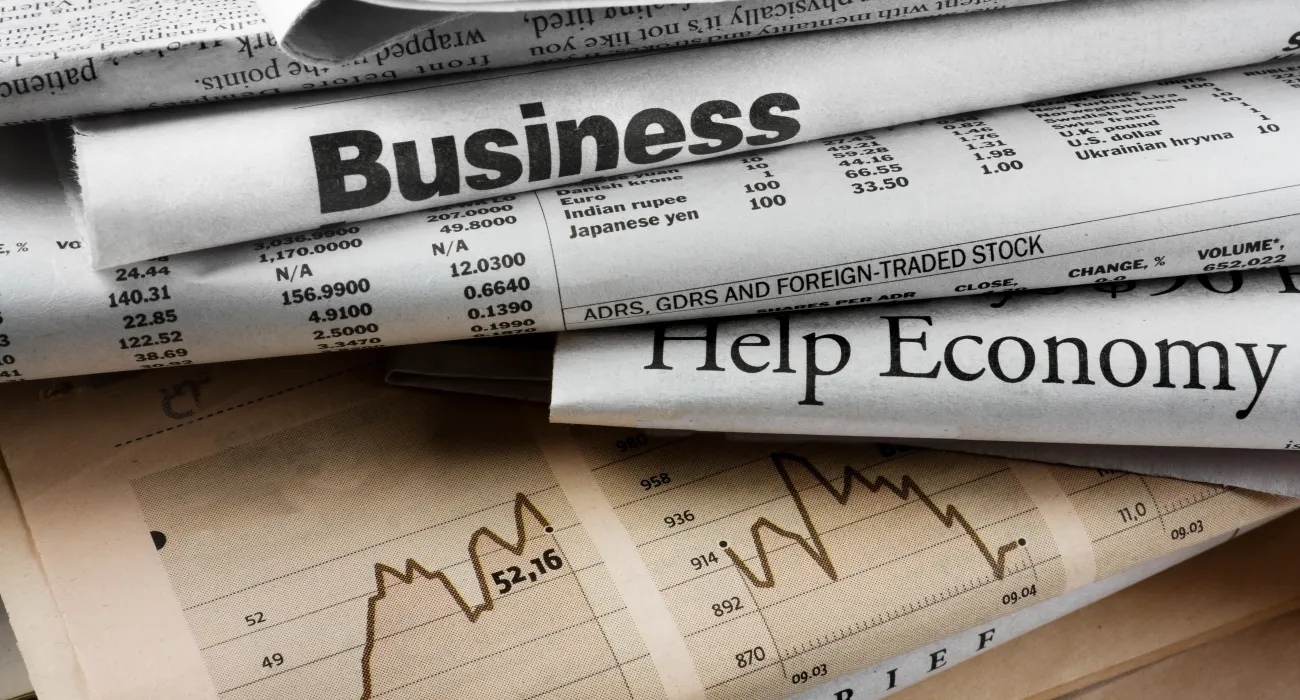Millennials in my generation graduated college and entered the
work force in the midst of the Great Recession. It was the largest economic
downturn since the 1930s and had a profound impact on our worldview. It started
in banking and derivative, mortgage-backed securities and ended up seeping over,
pervading nearly every sector of the economy. 2008 saw a 52% drop in the
S&P 500 (from its highs in October 2007), oil prices collapsing 78% (from
their high of $147/barrel in December 2007 to $32 a year later), and
unemployment increasing by 8.8 million people to 10.6%. It left many of us
skittish about investing in real estate or the stock market, uncertain of
whether we'd be able to find work relative to our degrees, and skeptical of the
so-called American Dream.
Fast-forward 12 years and enter Coronavirus, stage left.
SARS-CoV-2 had reared its ugly, thorn-crowned head in China by November 17 of
last year, but by February it had only just begun to saturate the public
consciousness here in the United States. Sewage samples from Barcelona now show
it may have been present in Europe as early as March 2019, so we've likely been
living with this virus for longer than we realized. Though it took us a while
to grasp the severity and immediacy of the virus, its effects were felt with
neck-breaking speed. The S&P retraced almost 34%, from its 3,386 high on
February 19 to its 2,237 trough on March 23. As government-mandated shut-downs
sought to stem the infection rate, we saw unemployment reach 16% in the first
few months of the pandemic, with 14 million more Americans filing jobless
claims since February, according to the Pew Research Center.
This, then, is the fastest correction in market history and marks the end of a
12-year bull run. It's a mirror of our fast-paced lives and of the feedback
loop between news, social media, political polarization and the markets. It's
also likely a harbinger of things to come — at least in the near-term.
As quickly as it's come on, COVID-19 has already left an indelible
mark on society — perhaps even more pronounced than the Great Recession. Many
have transitioned to working from home, and some Fortune 500 companies (think
Twitter) intend to keep that model permanently. This may work well for those
already established in their careers, who have the luxury of working
effectively from afar, but it poses unique challenges to those just venturing
into the job market and those in the food service, travel, hospitality,
manufacturing, and educational fields. Individuals are rethinking their travel
plans, day-to-day interactions, memberships, and spending habits. Companies
large and small are raising the threshold that would require in-person business
travel and stress-testing the viability of their business models. All of us
have become more conscious of our personal behaviors and how they affect our
own well-being and that of others in a globalized, interconnected world.
As the pandemic has worn on, it has etched deeper ravines in our
society, bringing social injustices and socio-economic divides into sharp
relief; and in our economy, with labor market woes and small businesses
struggling to stay afloat, despite massive government stimulus through PPP
loans and the CARES Act. It's also been a stark reminder of how being connected
doesn't always mean being on the same page. With its pursuant social and
economic upheaval, though, Coronavirus has afforded us a rare opportunity to
re-envision how we live our personal and professional lives.
So how do we make sense of it all, and where do we go from here?
- Take courage in the fact that the United States was the strongest economy going into the pandemic and will likely be the strongest coming out of it.
- This has been the fastest correction in market history, but
we've also witnessed the fastest recovery. It took the S&P 5 years to
recoup its 2008 losses; this time we're back to even in 5 months. Don't let
that make you complacent, though. Economists predict that the longer the
pandemic drags on, the more protracted our economic recovery will be. We also
expect to see plenty of volatility through the presidential election in
November.
- Remember that, as efficient as the markets generally are in
valuing securities, they're also a barometer of fear and greed, and often
preempt or lag the economy as a whole. Maintaining an adequate balance of
assets and dollar-cost averaging can help take some of the sting out of the
ebbs and flows.
- Continue to live your life as normally as possible but be smart in
doing so. Follow CDC guidelines to protect yourself and others while out in
public.
- Embrace technology and the role it continues to play in keeping us
connected, both personally and professionally.
- Don't allow your life to be dictated by fear or uncertainty. Have
a plan in place to meet your future goals and monitor your plan periodically to
adjust for any changes.
- Use the pandemic as an opportunity to evaluate your spending
habits, as well as your personal and professional goals going forward.
- Consider building up your cash reserve to take advantage of buying
opportunities through the volatility ahead.
- Inflation and interest rates are at historic lows. The Fed is keeping rates down and the Congress is considering another round of stimulus payments to stave off financial hardship and encourage growth. Mortgage rates have followed suit. If you've been renting, now may be a good time to consider buying your first home. If you already own, now may be a good time to consider refinancing.
How have you been weathering the COVID-19 pandemic, and what are you doing to plan for and adapt to the post-pandemic world? Let us know how we can help you navigate these uncertain times and breathe easier about your financial future.
If you would like to receive more information on making smart money moves for your future, be sure to contact us today!





